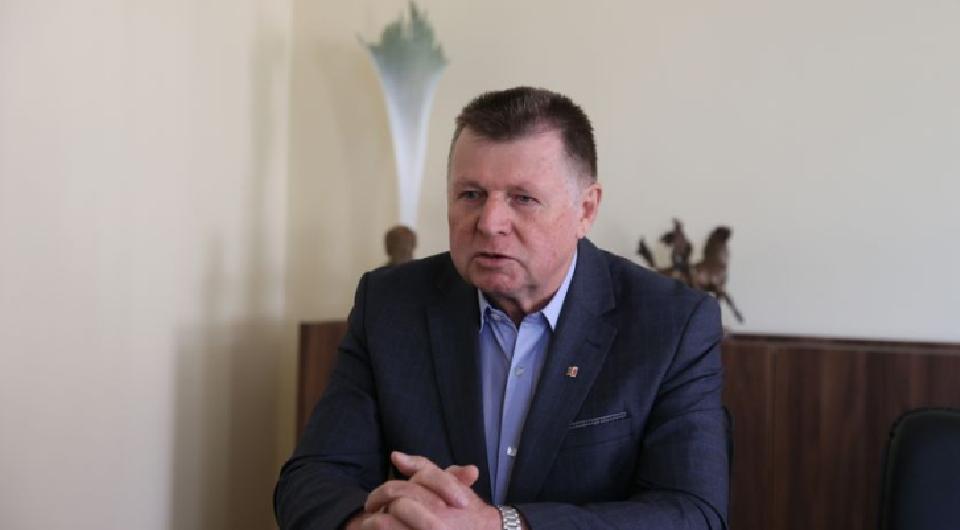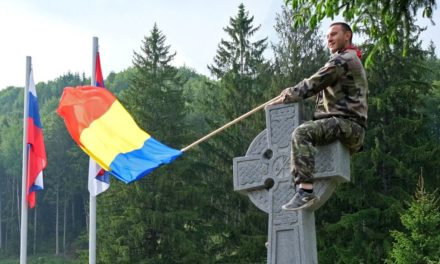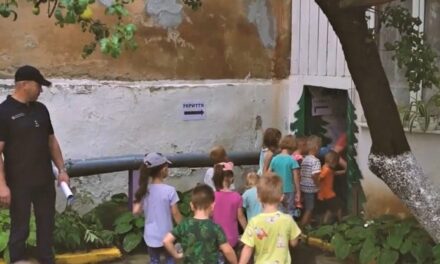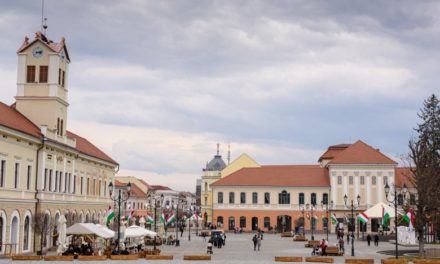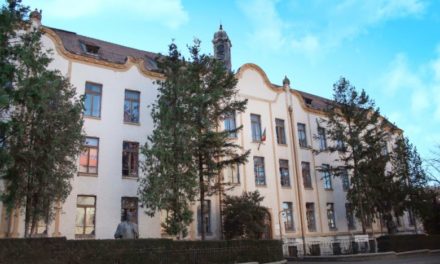Amidst the dangers, there is another way for us: we stay and fight! József Barta told Magyar Nemzet that the number of Transcarpathian Hungarians, estimated at only 100,000, is dwindling due to Kiev's nationalist policy and the difficult economic situation.
The vice president of the Transcarpathian Hungarian Cultural Association (KMKSZ) emphasized that the emigration of Transcarpathian Hungarians must be stopped, which still requires the help of the Hungarian government. Details from the article follow.
- In recent years, Kyiv has introduced several laws that significantly restrict the fundamental rights of national minorities living in Ukraine, including Transcarpathian Hungarians, in terms of education in their mother tongue and everyday language use. What is behind these moves?
- These steps took place after Russia annexed the Crimean peninsula and hostilities began in the eastern part of Ukraine, a serious conflict zone emerged - and we do not see the end of it even now. Instead of the former friendship and cooperation between Russia and Ukraine, a hostile relationship has developed, and Ukrainian politics thinks that everything that is Russian is bad.
Their politicians believe that the danger that the areas inhabited by Russians may secede from Ukraine or that Russia annexes these areas in the same way as Crimea, can be prevented by assimilating the Russian-speaking minority - which is estimated at ten million - into their language as well. So, the Russian language should be pushed out of education and everyday life wherever possible, and its status, which is otherwise guaranteed by Article 10 of the Ukrainian Constitution, should be taken away.
– Are all other minorities living in Ukraine equally adversely affected?
– The laws do not specifically state that they are mostly directed against Russians, so all national minorities suffer from this policy. In four years, four laws have narrowed the rights of minorities living in Ukraine: the 2017 law on education, the 2019 law on ensuring the functioning of Ukrainian as a state language, the 2020 law on comprehensive general secondary education, and the law on indigenous peoples adopted in 2021. A kind of caste system has developed in Ukraine: there is one ethnic group, the Ukrainians, who are free to use their language, in education - from kindergarten to higher education - Ukrainian children can learn in their mother tongue and can use their language in all areas of life. The other ethnic group includes those national minorities whose mother tongue is an official language of the European Union, including Hungarians, Romanians, Poles, Slovaks, Bulgarians, etc.
They have the right to use the mother tongue in education in elementary school, but from the fifth grade they must switch to Ukrainian language education. Furthermore, there are those minorities whose mother tongue is not an official EU language, this includes Russians, who do not have the right to use their mother tongue in education, they can only learn Ukrainian from the first grade, and they can only speak their mother tongue in the private sphere. Also, there is another category: the indigenous peoples who have the opportunity to study in their mother tongue until they finish high school, they are the Crimean Tatars, Krimchaks, Karaims, who live in Crimea - which currently does not belong to the territory of Ukraine.
All of this is discrimination: positive towards some, negative towards others. It is prohibited by the Ukrainian constitution and international law.
We are fighting against this, we want to get back the rights we had before 2017. As a compromise solution, we would also have accepted that we would be given the same rights as the Crimean Tatars, i.e. that we too would be recognized by law as an indigenous people - all the more so if our ancestors lived here on this land for more than a thousand years, so we did not settle , but we are indigenous peoples. If we had received this status, our children would now at least have the opportunity to obtain a high school diploma by studying in their mother tongue.
You can read
the rest of the interview here Photo: Magyar Nemzet/István Mirkó

